Our Reflections
-
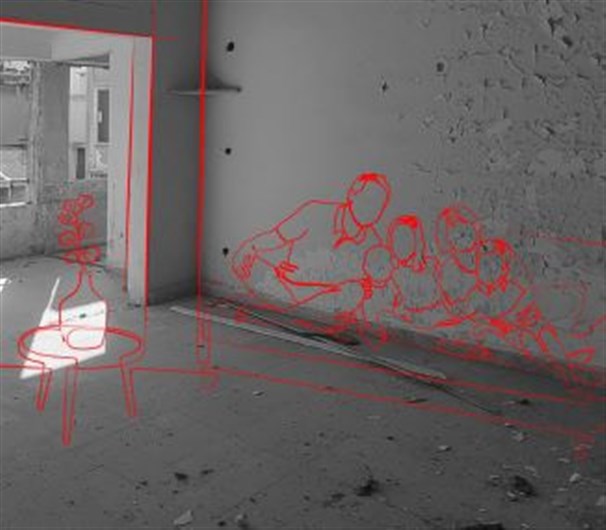
21.11.2024
Our Reflections
Homeless in the City of the 44 Thousand Empty Homes…
In this short piece, we argue for the urgency of including Beirut’s vacant buildings in a medium-term emergency shelter response for the city. Secured and managed through a public actor and a reliable framework, a section of Beirut’s large stock of vacant apartments should be used as temporary shelters.
-
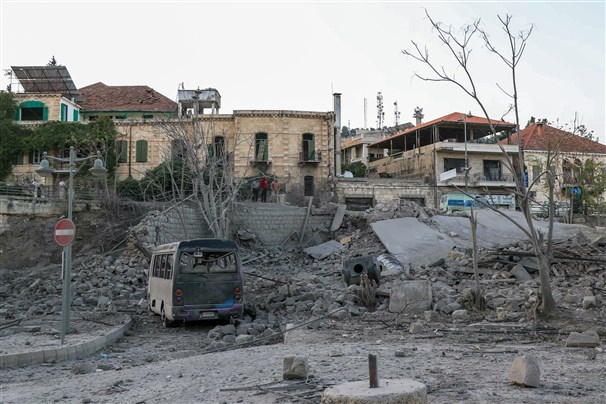
20.11.2024
Our Reflections
Not Collateral Damage but a Deliberate Act of Cultural Erasure
Cultural heritage has long been a target during wars, as it represents the identity, values, and history of a community. It is often the first casualty of conflict, symbolizing what a people stand for, cherish, and pass down through generations.
-
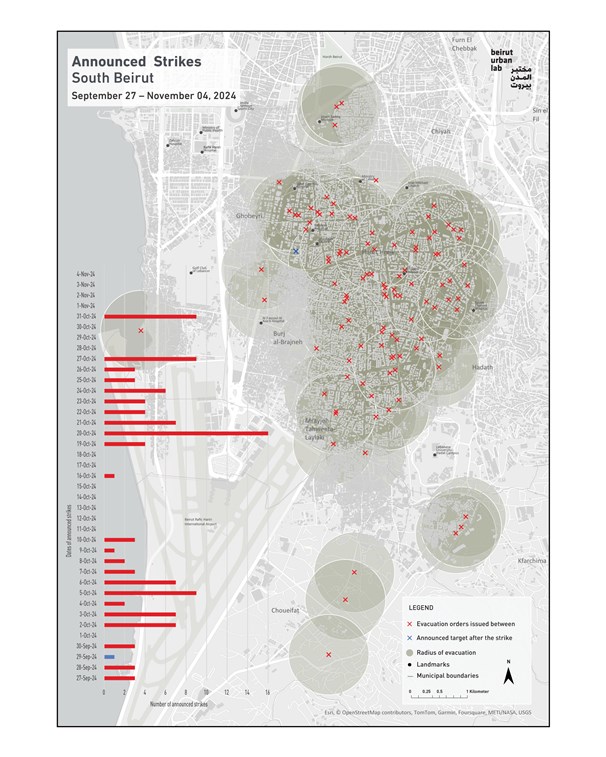
29.10.2024
Our Reflections
Mapping One Month of Announced Strikes in South Beirut (September 27 - November 4, 2024)
Since September 27, Israel’s war on Lebanon has expanded its brutal violence to Lebanon’s capital, Beirut as well as many regions across the country. No less than 325 buildings have been destroyed south of the city where the radius of devastation (seen in the outlined gray zones) extends over 11.87km2, or more than half the capital’s immediate urbanization perimeter.
-
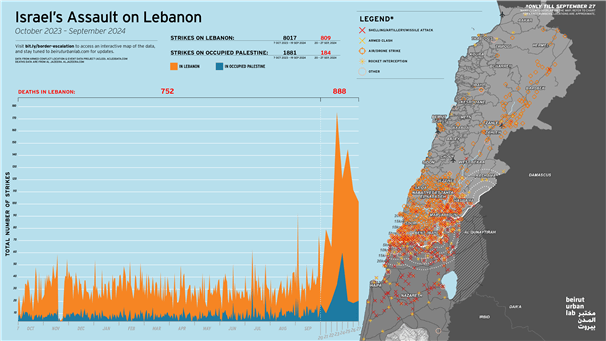
04.10.2024
Our Reflections
Israel’s Assault on Lebanon, Sept. 2024
Over the past year, the Beirut Urban Lab has invested in regularly sharing information to counter media misinformation by coding and visualizing data on Gaza, the West Bank, and Lebanon’s southern border. Our findings show unequivocally Israel’s use of excessive and disproportionate violence against civilians.
-
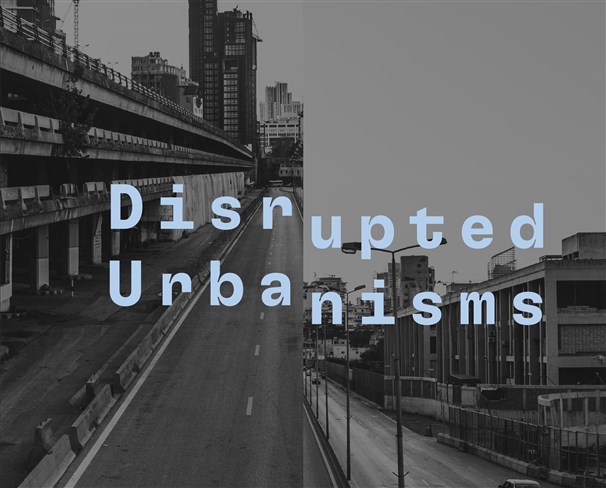
09.08.2024
Our Reflections
Twenty Years of City Debates - The 20th Edition's Introductory Note
The following are the introductory notes given by Mona Fawaz to open the conference, Disrupted Urbanisms, prior to the first keynote. The recordings of the 20th edition's sessions are available on the City Debates website.
-
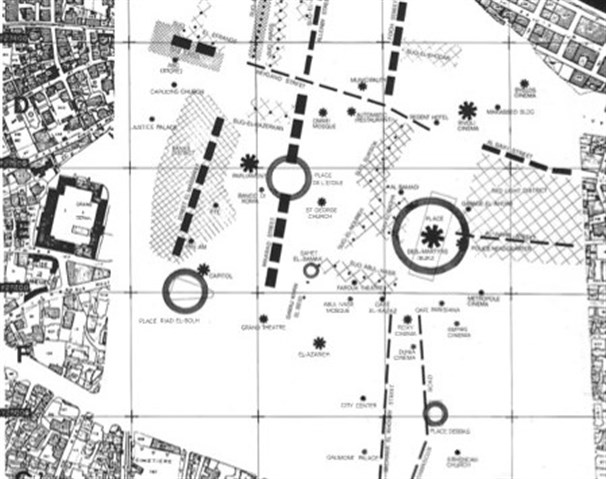
04.04.2023
Article
Robert Saliba’s Mental Imaging of Downtown Beirut
We are honouring the memory of our colleague, friend, and teacher, Professor Robert Saliba, by publishing one of the early and ground-breaking works which he conceived and coordinated, and which remains a hard-to-find yet incredibly insightful text. At a time when Beirut’s memory continues to be erased, the relevance of his work stands out.
-
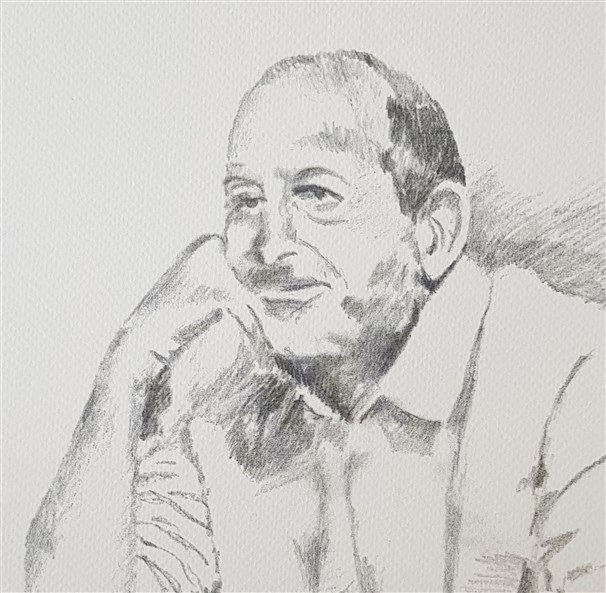
17.02.2023
Our Reflections
In Memory, Habib Debs
Since the early 1990s, Habib Debs has been involved in nearly every battle to improve urban planning and design in Lebanon (and beyond), its standards, methods, and practices. A champion of cultural heritage protection, a gifted public space designer, and a leading figure in city planning, he will be remembered for his incredible talent, innumerable contributions, deep humanism, and his role as an engaged citizen fighting for a more just and secular country.
-
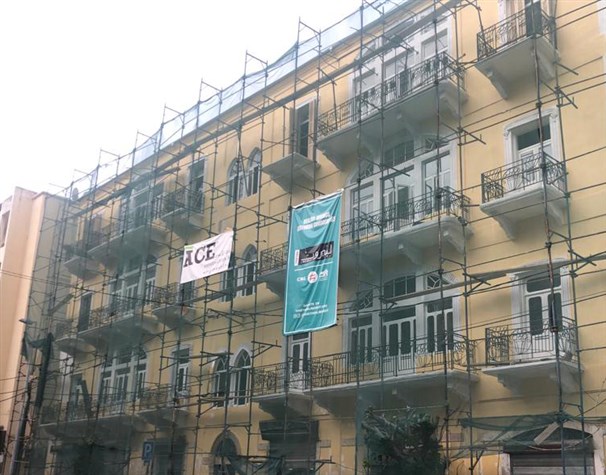
09.11.2022
Our Reflections
Disaster Governance and Aid Effectiveness: the Case of Lebanon’s 3RF
Following the Beirut Port Blast, the Reform, Recovery, and Reconstruction Framework "3RF" came to life. Sophie Bloemeke and Mona Harb examine three interconnected sets of structural constraints that limit the platform's performance.
-
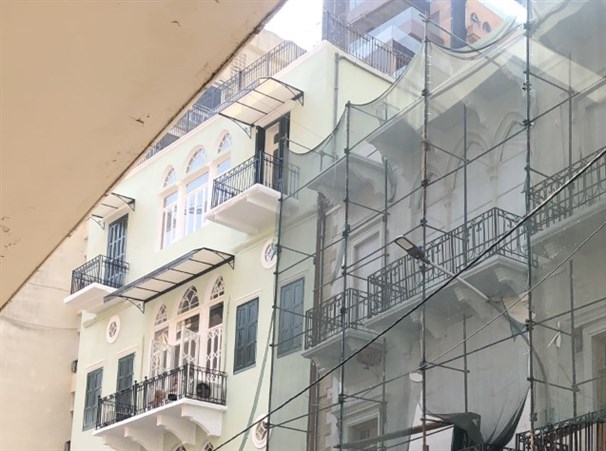
10.08.2021
Our Reflections
Launching an Urban Observatory Amidst a Painful and Slow Recovery
One year after the Beirut port blast, we remain in awe at the social mobilization that continues to surround the people in the neighborhoods affected by the explosion. Over 12 months, and amidst devastating, economic, political, and health crises, city-dwellers—organized or not, working side by side with a large array of local and international organizations, are still struggling to repair homes, businesses, schools and hospitals and restore the viability of their city.
-
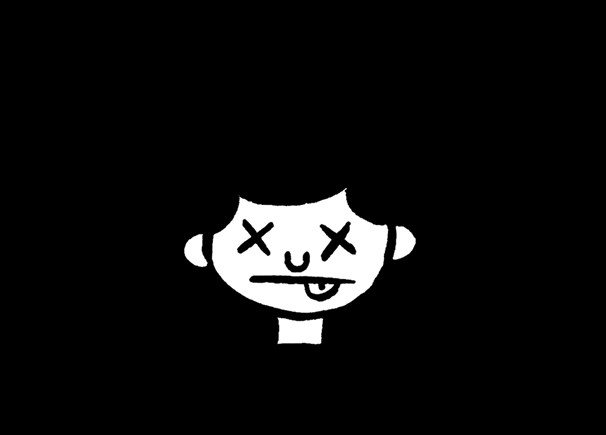
27.05.2021
Our Reflections
On Apartheid Planning
In line with our commitment to produce informed scholarship on urbanization and advocate socially-just and viable urban policies, we launch the Beirut Urban Lab’s Arabic website on the heels of the anniversary of the Nakba, the 73rd commemoration of the massacres that marked the establishment of the State of Israel, while Palestinians continue to count their dead and while the residents of Gaza, sieged for the past 13 years, discover the daunting destruction after 11 days of relentless military aggression.
-
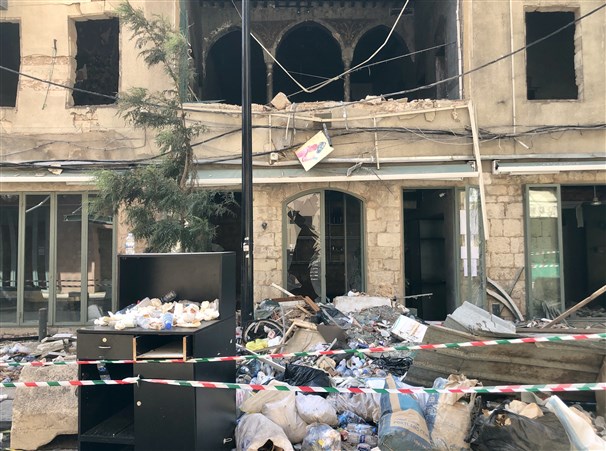
23.04.2021
Our Reflections
Waiting for Urgency in Beirut
Disaster is disorienting even when you know where you are. In the immediate aftermath of the Beirut port explosion last summer, it was impossible to know its reach. How far did the destruction extend? What were its boundaries?
-
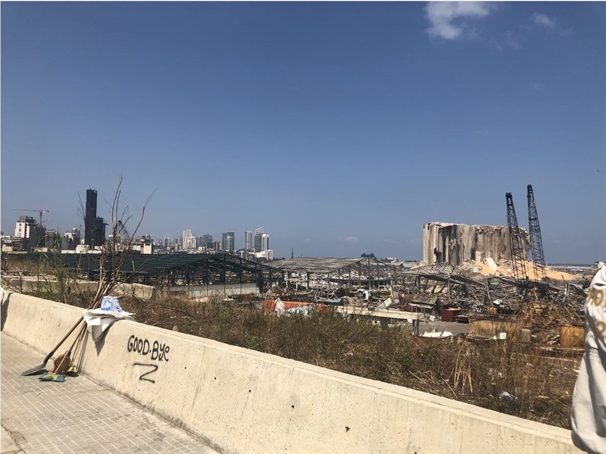
10.08.2020
Our Reflections
The Beirut Blast: A Week On
As we write this short reflection, the Beirut Port’s August 4, 2020 explosion still runs deep shockwaves through every one of us. We are just beginning to absorb the unmeasurable losses that have fallen on our city and its people. Some 2,700 tons of Ammonium Nitrate were callously stored in a port hangar, in close vicinities of residential neighborhoods, for six years. It happened with the full knowledge of successive port authorities, customs’ officials, and many other public officials (and unofficials).
-
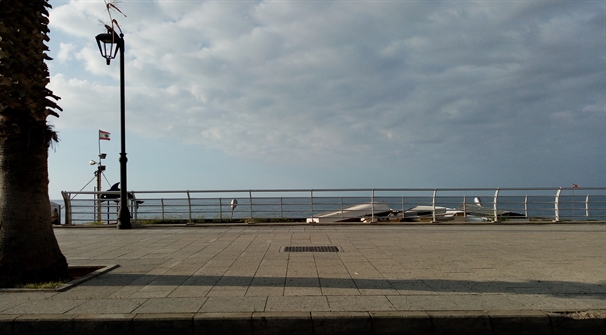
06.07.2020
Our Reflections
The Beirut Urban Lab: Adding an Anchor to the Ecosystem of Urban Change
We launch the website of the Beirut Urban Lab at a time when everything around us is in peril. Thirty years after the presumed end of the civil war, Lebanon is drowning under the overlapping weights of a global health pandemic, a severe financial crisis, and the devastating failure to put in place a just and viable national recovery. Indeed, things are on the verge of total collapse.












